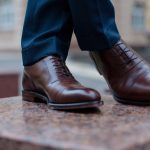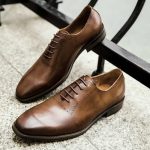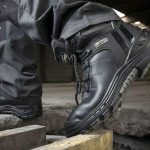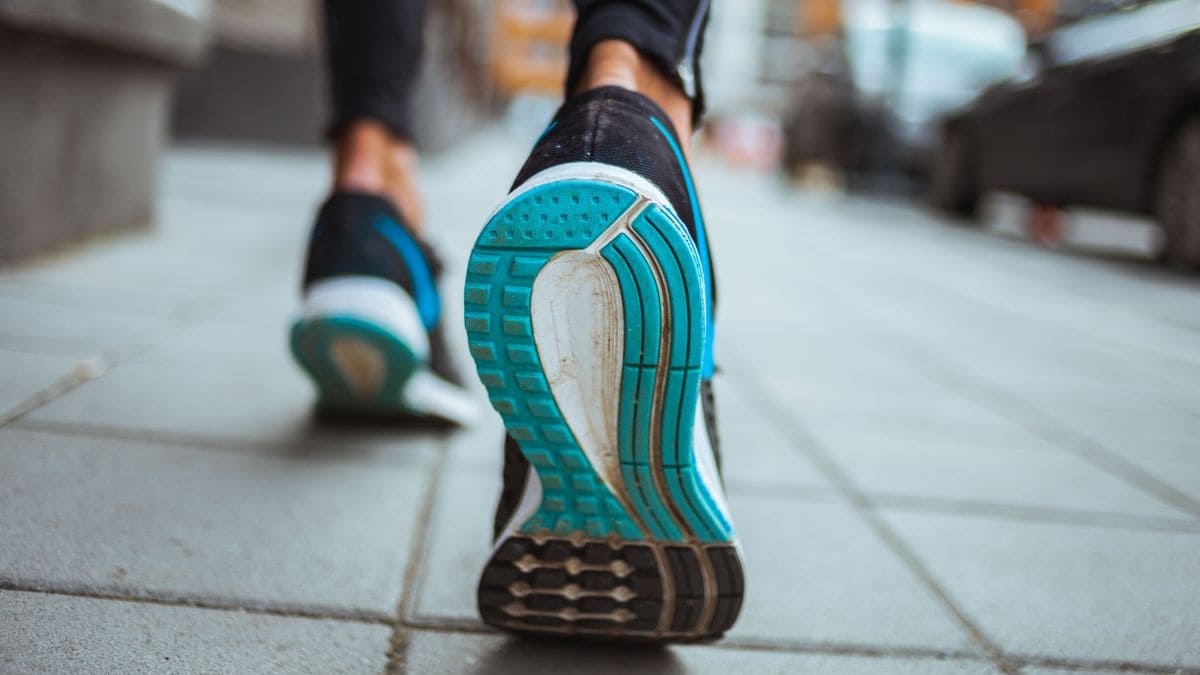
Best walking shoes for men | buy at a cheap price
When running, walking, or trekking, it is very necessary to wear appropriate shoes in order to protect your joints and muscles from injury
So its like comfortability vs strength
You may believe that if you just invest in a high-quality and pricey pair of shoes, you will be able to do anything, but in reality, this is not the case
Because you put distinct demands on your legs during different forms of exercise, particularly running and walking, your body has a unique response to each of these activities
If you are a runner, you may start with your foot on your heel and then roll forward onto the ball of your foot
You can also do this the other way around
You may alternatively start by landing on your soccer ball and then pushing off of it
It is entirely dependent on your sense of style as well as your degree of comfort

Running is a high-impact workout, and whenever you put a foot down while running, your body absorbs an impact that is about three times that of your body weight
On the other hand, a pedestrian’s gait is very consistent across the board: the heel of the foot contacts the ground first, followed by the ball of the foot; as a result, the body weight is distributed forward toward the middle of the foot, and then toward the toes
This is a less efficient kind of exercise due to the fact that your body absorbs around one and a half times your body weight
Walking is a great way to keep your weight distributed evenly over your feet and legs
Running shoes have a tendency to be heavier overall but lighter in weight, particularly in the heels and toes because to the increased cushioning
Runners often need more energy than other athletes since running is a more strenuous activity
Your feet will feel warmer, and the majority of running shoes are built of mesh so that air can flow easily through the shoe
This mesh also contributes to the shoe’s reduced weight
Walking shoes, which did not exist before 1986, do not need to be especially light and breathable; nonetheless, they do need to offer enough support for the foot’s arch
If you have a high arch on your toe, you probably have less natural cushioning, therefore the walking shoe you purchase should have more cushioning rather than less
This is especially important if you have flat feet
If your foot is flat, you won’t have as much support, which may put pressure on your muscles and joints
Flat feet can also make walking more difficult
Walking shoes that provide stability are essential for you to have
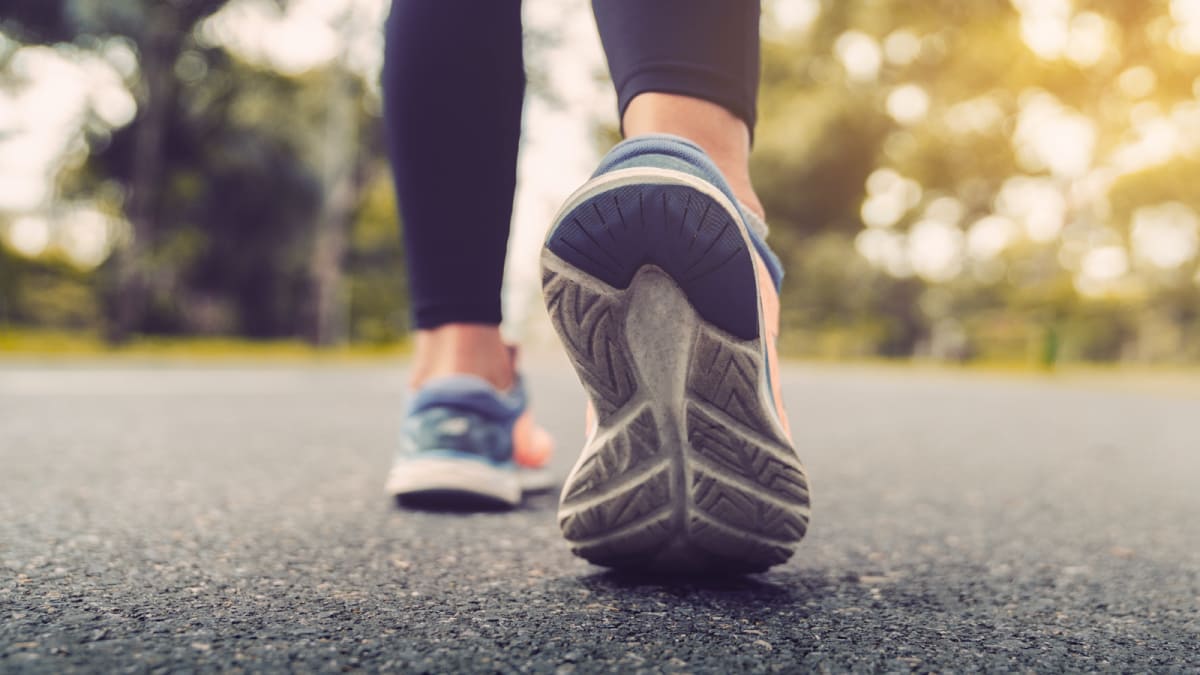
According to the American Academy of Sports Orthopaedic Medicine, effective walking shoes and running shoes should offer stability as well as cushioning and a smooth ride for the wearer
When deciding between different kinds of shoes, here are some key distinctions to keep in mind: the one and only Walking shoes are often more flexible and may be worn by either gender, in contrast to the more hard soles of sneakers
heels
The heel wedges of boots are often more substantial in order to give more cushioning
Walking in heels with a thick heel may result in tendonitis or shinitis, and it can also lead pedestrians who are wearing sneakers to trip and fall
The heel of the shoe is angled upwards more than the toe
Motion control
Because running causes the foot to rotate more, most shoes designed specifically for running include motion control in order to maintain the foot in a more neutral position
Because they are not required for walking, most shoes designed for the activity give less stability
Lester
Sneakers are nimble and presumably also more quick
Walking shoes are often heavier than running shoes, however their weight difference is not usually significant
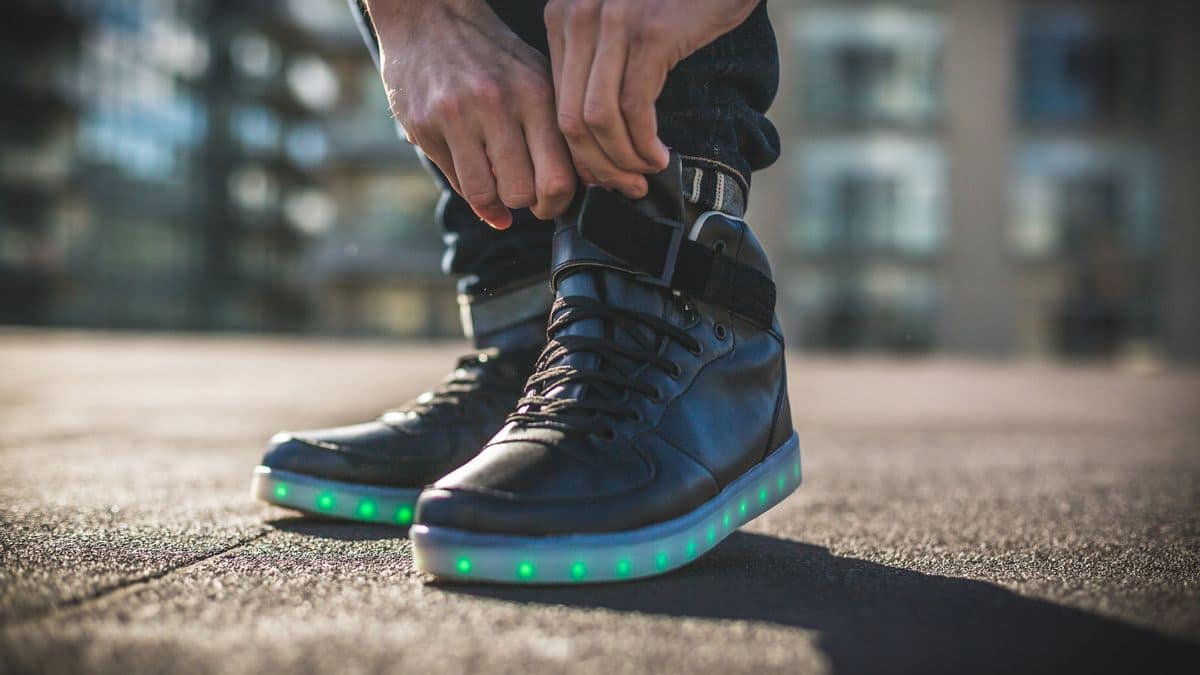
It does not matter whether you go for a stroll or break a sweat on the track, maintaining a healthy body and feet requires that you have appropriate footwear
Both styles of shoes will provide enough support for a distance ranging from 300 to 500 kilometers
Both of these activities have a positive impact on cardiovascular health, which means they will assist your heart rate remain healthy throughout your life
Walking may be one of the easiest things you can do to improve your health, but picking out the right shoes to do it may be a different story
Because there are so many alternatives to choose from, it’s easy to become confused and end up wearing the same pair of shoes everywhere because you think that’s all there is to it
The decision between running shoes and walking shoes is, fortunately, not as difficult as one may think: According to Dr
Chanel Perkins, D
P
M
, there is a clear distinction between footwear designed for walking and that which is designed for running
She is a podiatrist at UTMB Health Internal Medicine in Houston, and she has a board certification
She explains, “A number of years ago, I had the opportunity to try out a pair of running shoes by putting them to the test on a day trip to an amusement park during which I traveled miles upon miles on foot
” Because my shoes provided very little arch support, towards the end of the day my feet were in a lot of pain
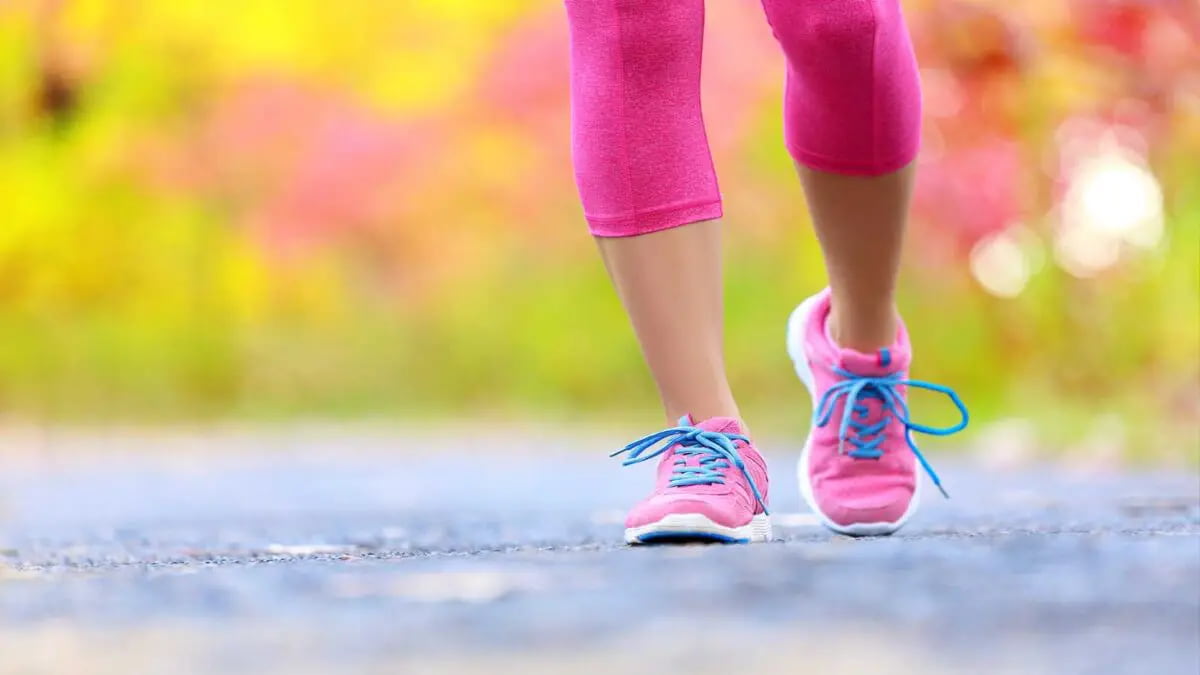
We’ve all been there at one moment or another: waking up with painful feet because we wore the incorrect shoes
What you need to know about walking shoes vs running shoes because, yes, there is a difference between the two types of footwear
Due to the fact that a walker’s requirements are not the same as those of a runner, the typical design of walking shoes and running shoes is distinct from one another
The weight of the shoe, the amount of cushioning it provides, and how flexible it is are all important factors, according to experts
weight of the shoe The wearer’s speed is directly proportional to the weight of the shoe, which they are wearing
Running shoes are often quite lightweight, which makes it easier to move around rapidly
On the other hand, walking shoes are often heavier than other types of footwear, which contributes to a more steady gait
To put it another way, running shoes are designed to promote speedier movement, while walking shoes are designed to support a slower, more consistent pace


